Jian Liu
Research Professor
Biography
I am a soil and water researcher working on agricultural effects on the environment. By combining research approaches of experimentation, modeling and data synthesis, I study drivers and processes controlling nutrient losses from land to water (and air) at soil core to catchment scales and explore mitigation measures to reduce the losses both at source and during transport. I have research experience in Norway, Sweden, Canada, USA and China. While my current research activities can be found on this webpage, my past research experience included: (1) water and nutrient transport from both surface and subsurface pathways, (2) climate and management effects on nutrient losses, (3) management of soil nutrient, fertilizer, manure and biochar, including place-based phosphorus management (variable rate applications), for crop production and environmental protection, (4) effects of crop management, including cover crops and crop residues in combination with tillage, on water and nutrient cycling, (5) drainage and irrigation in paddy and horticulture systems, and (6) field and catchment phosphorus modeling. Through collaborations with other researchers, students and stakeholders in many countries, my research has also involved soil health, crop production, greenhouse gas emissions, and generally sustainable agriculture.
Authors
Jian Liu Hilmar Tor Sævarsson Marianne Bechmann Tore Krogstad Tomas Persson Anne Falk ØgaardAbstract
Purpose Losses of phosphorus (P) and carbon (C) from livestock farming impair downstream water quality, requiring a better understanding of their leaching processes. The aim of the study was to examine how leaching of P (total dissolved P – TDP; dissolved reactive P – DRP; dissolved organic P – DOP) and dissolved organic C (DOC) was affected by soil type, chemical property and amendment. Methods Leaching experiments with simulated rain were conducted on five different mineral and organic soils before and after a manure or mineral fertilizer application, respectively. The soils were: Fluvisol, Stagnosol, Umbrisol, Histosol (Ruptic), and Histosol. Profile-long soil columns were used, and chemistry of soil and water samples were studied. Results Before the P addition, the Histosol (Ruptic) soil with high P and organic matter contents but low sorption in the subsoil had significantly greatest flow-weighted mean concentrations (FWMCs) of TDP (315 versus 33‒48 µg L‒1), DRP (215 versus 5‒26 µg L‒1), DOP (101 versus 19‒33 µg L‒1) and DOC (46 versus 8‒25 mg L‒1) in drainage water among all soils. Leaching of DOC varied more than TDP, DRP and DOP across most soils. The manure application significantly elevated FWMCs-TDP in three soils than before the application and led to greater FWMCs-TDP in all soils and FWMCs-DOC in most soils than mineral fertilizer did. The ratios of DRP to DOP and to TDP were significantly correlated to whole-profile degree of P saturation (DPS) of the soils (R2 > 0.9, p < 0.05). Conclusion Sorption/desorption characteristics of subsoils greatly affected concentrations and loads of P and DOC in drainage, as well as the ratios of DRP to DOP and to TDP. Therefore, sorption/desorption characteristics and DPS of subsoils should be included in the work of assessing dissolved P and DOC leaching and developing nutrient mitigation measures.
Authors
Jian Liu Faruk Djodjic Barbro Ulén Helena Aronsson Marianne Bechmann Lars Bergström Tore Krogstad Katarina KyllmarAbstract
No abstract has been registered
Abstract
No abstract has been registered
Authors
Yilai Lou Liangshan Feng Wen Xing Ning Hu Elke Noellemeyer Edith Le Cadre Kazunori Minamikawa Pardon Muchaonyerwa Mohamed A. E. AbdelRahman Erika Flavia Machado Pinheiro Wim de Vries Jian Liu Scott Chang Jizhong Zhou Zhanxiang Sun Weiping Hao Xurong MeiAbstract
No abstract has been registered
Abstract
Agricultural sustainability is threatened by both water deficit and water excess, especially at the presence of extreme meteorological events resulting from climate change. However, there has been lack of demonstrations on management options with long-term values for agricultural adaptation to runoff. Using 20 years of monitoring data (1993–2012) for two experimental fields in the Canadian Prairies as a case study, we quantified the effects of rainfall characteristics, crop type and biomass, and tillage on growing-season runoff generation using regression analyses and thereafter scenario comparisons. With growing-season gross rainfall ranging between 183 and 456 mm, runoff responses varied between 0 and 59 mm. Over the 20-year study period, 70%–74 % of the growing season runoff was generated by rainfall events >100 mm. Compared to high-intensity tillage, long-term conservation tillage reduced both overall runoff and runoff in large events likely by improving water infiltration. Under both tillage methods, growing-season runoff significantly increased with increasing rainfall but decreased with increasing biomass (R2 range: 0.40–0.58; p range: 0.0007–0.02). At the event level, the rainfall-runoff relationship followed a piecewise regression model (Cd ¼ 0.82; p
Abstract
No abstract has been registered
Abstract
No abstract has been registered
Abstract
No abstract has been registered
Abstract
No abstract has been registered
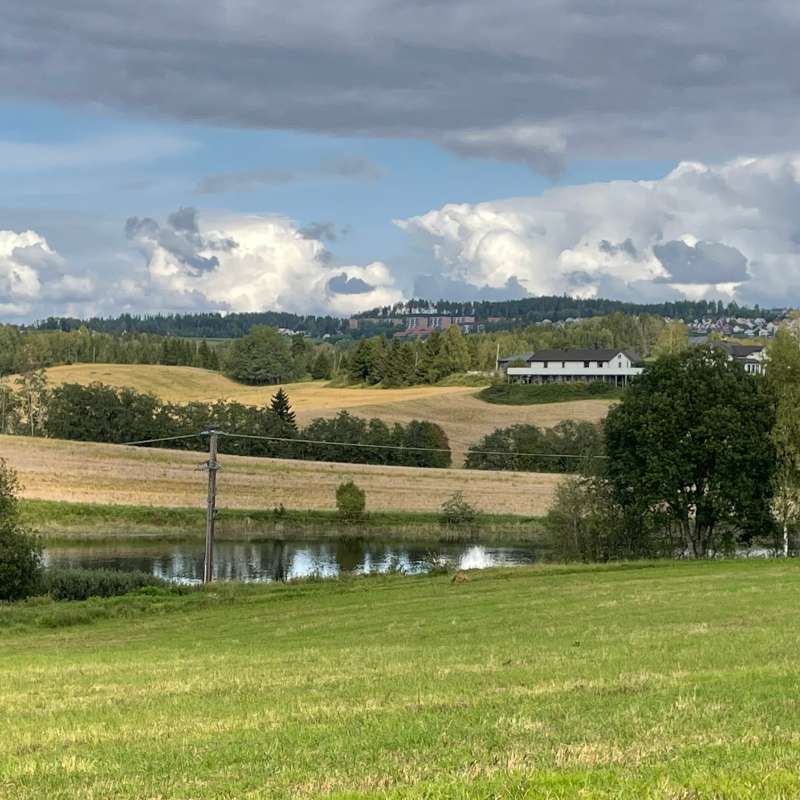
Division of Environment and Natural Resources
SOILPROM: Modelling pollutant transport across the soil-water-atmosphere continuum, and impacts on ecosystem services
Developing sustainable solutions for soil pollution. Empowering Global Change by Advancing Soil Health with Cutting-Edge Research and Collaborative Efforts.

Division of Environment and Natural Resources
ENGAGE: Europe Nutrient Management - Guided Approaches for Greater Export reduction
ENGAGE aims to operationalise a novel vision for the future of multi-scale nutrientexport reduction and associated ecosystem services in national andtransboundary/international river basins in Europe by bringing together robuststakeholder engagement strategies with coupled state-of-the-art computationalhydrology techniques and online interactive use-tailored DS tool approaches that integrate remote sensing, socio-economic, governance, and society-change decisionelements.
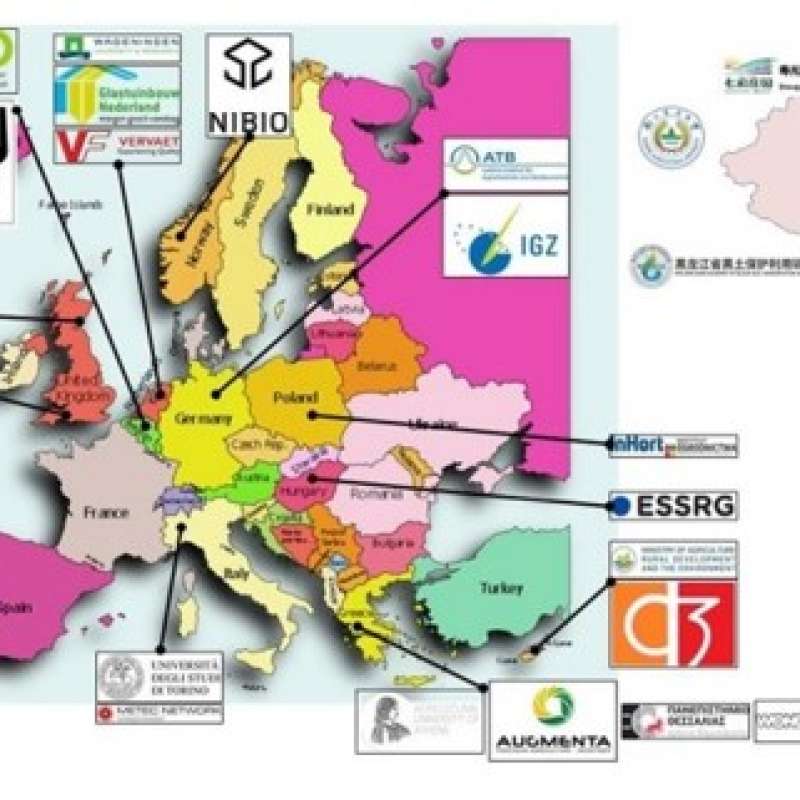
Division of Food Production and Society
ECONUTRI
Innovative concepts and technologies for ECOlogically sustainable NUTRIent management in agriculture aiming to prevent, mitigate and eliminate pollution in soils, water and air
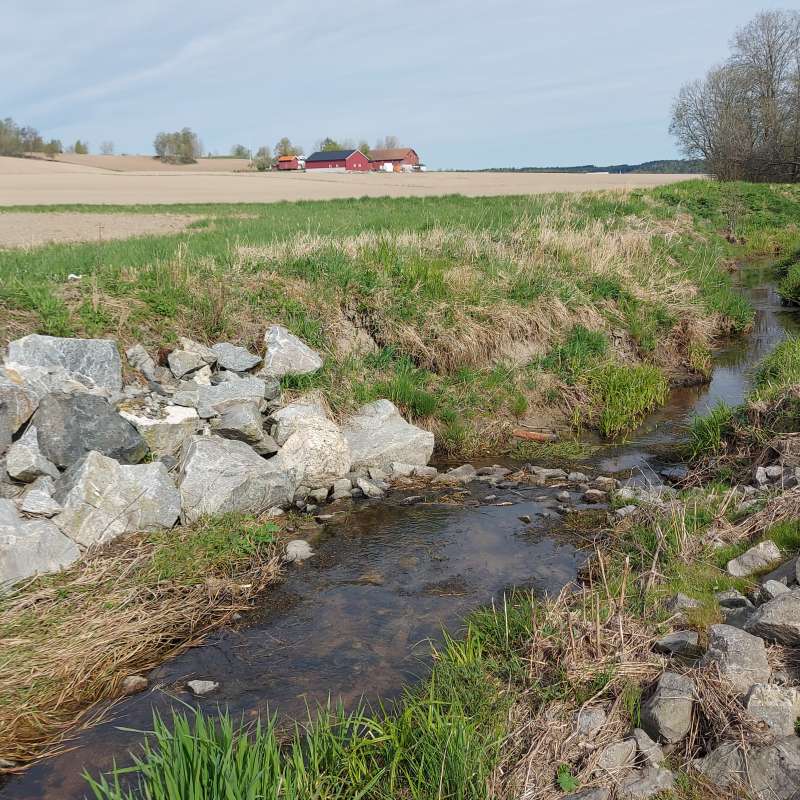
Division of Environment and Natural Resources
PATH4MED: Demonstrating innovative pathways addressing water and soil pollution in the Mediterranean Agro-Hydro-System.
Path4Med is a multi-participatory and multidisciplinary project that will pave clear pathways towards zero water and soil pollution in the agro-hydro-system of the Mediterranean sea basin and other European seas through an innovative triple bottom line approach achieving economic, social, and environmental sustainability to ensure human well-being and ecosystems functioning.
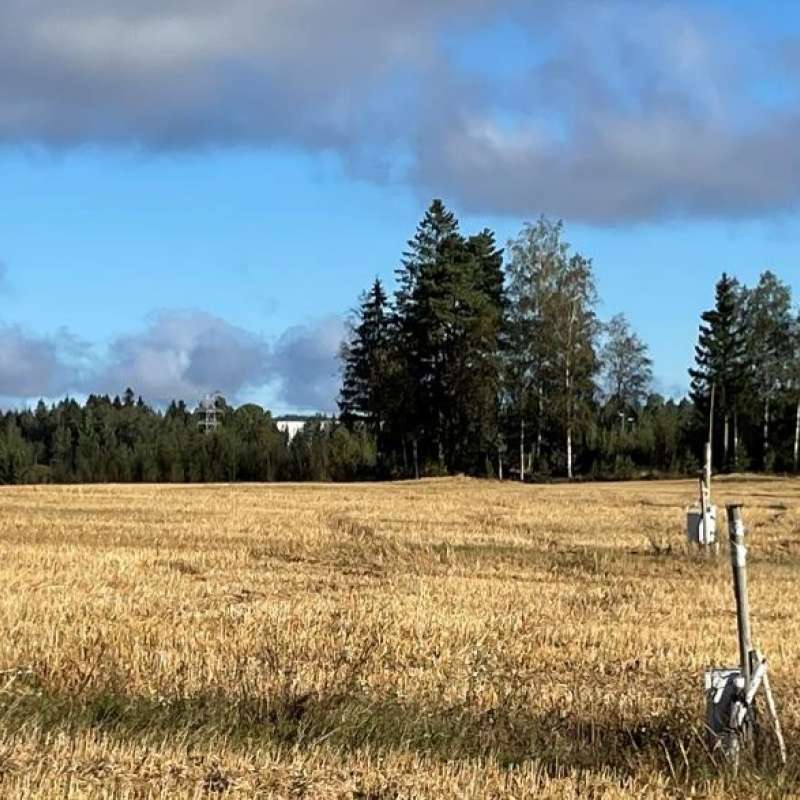
Division of Environment and Natural Resources
Precilience: Precision climate resilience for agriculture and forestry sectors in the European boreal regions
Precilience will develop precision solutions with farmers, foresters, landowners, and other actors to increase climate resilience in the Nordic-Baltic regions of Denmark, Estonia, Finland, Norway and Sweden.
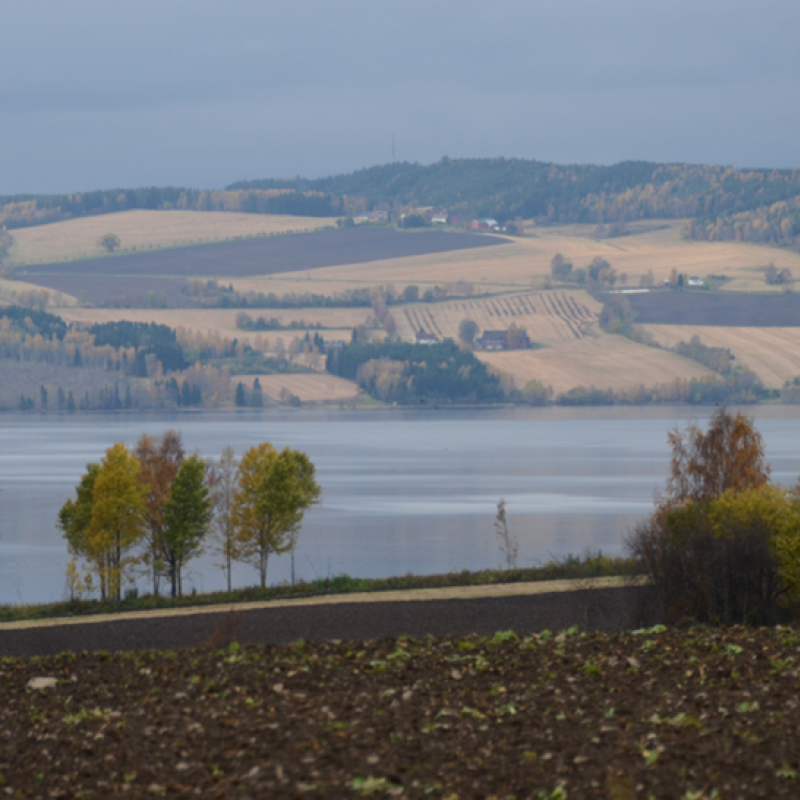
Division of Food Production and Society
Agricultural mitigation measures and the value of water quality improvements
Agriculture is one of the main sources of water pollution in Norway, and an important contributor to GHG emissions.
